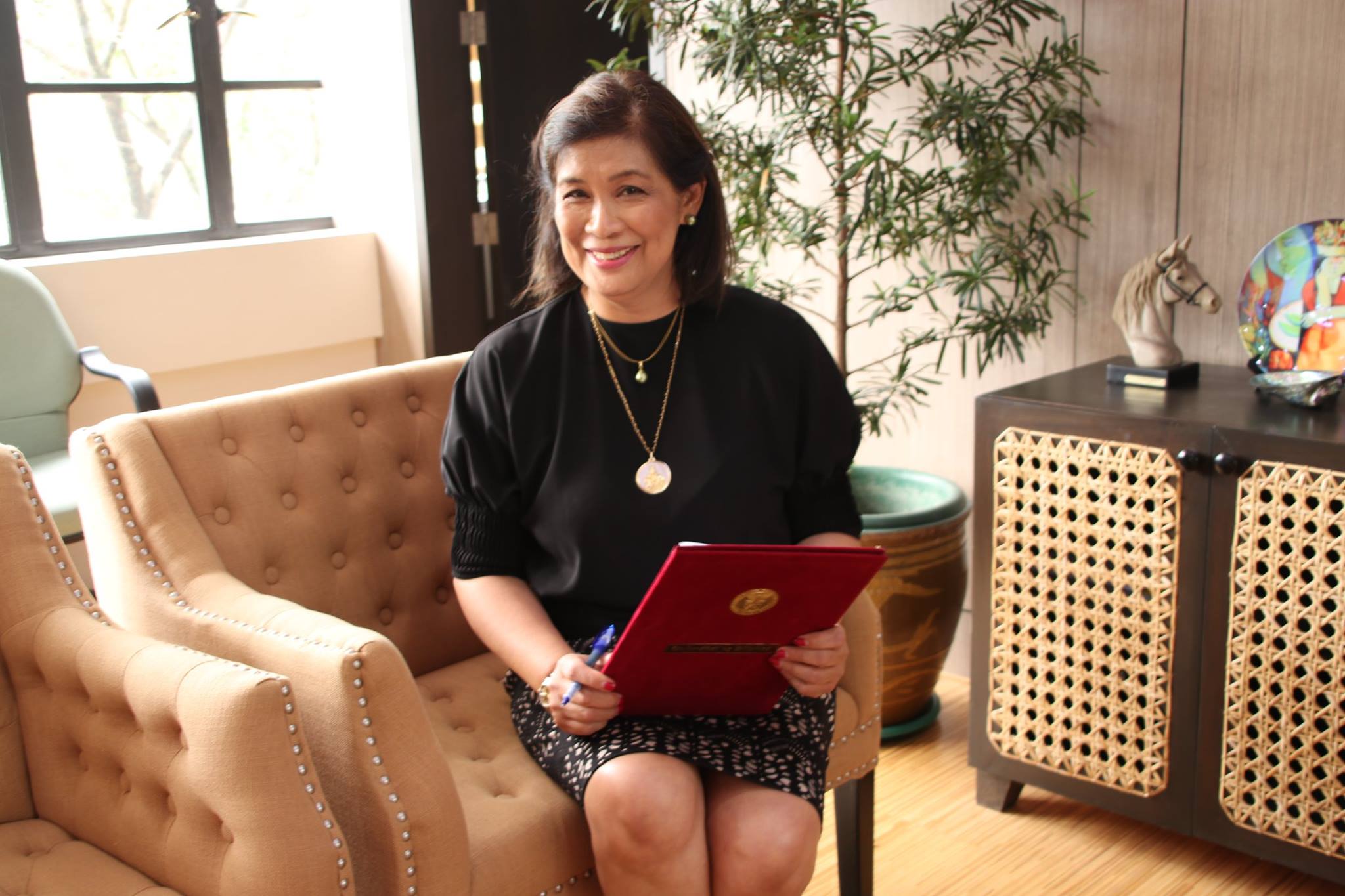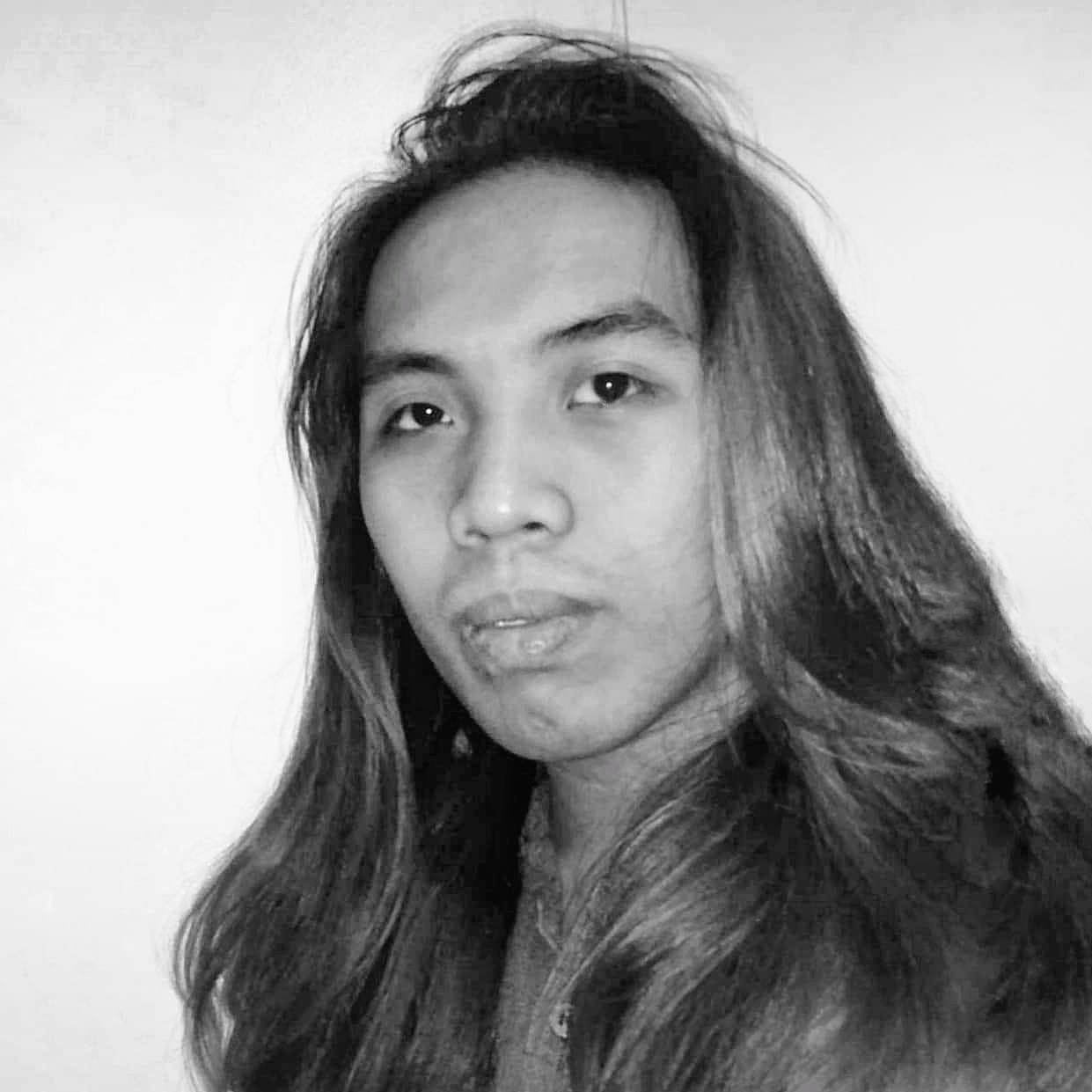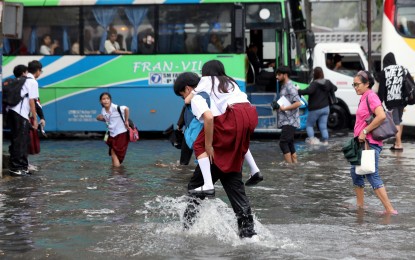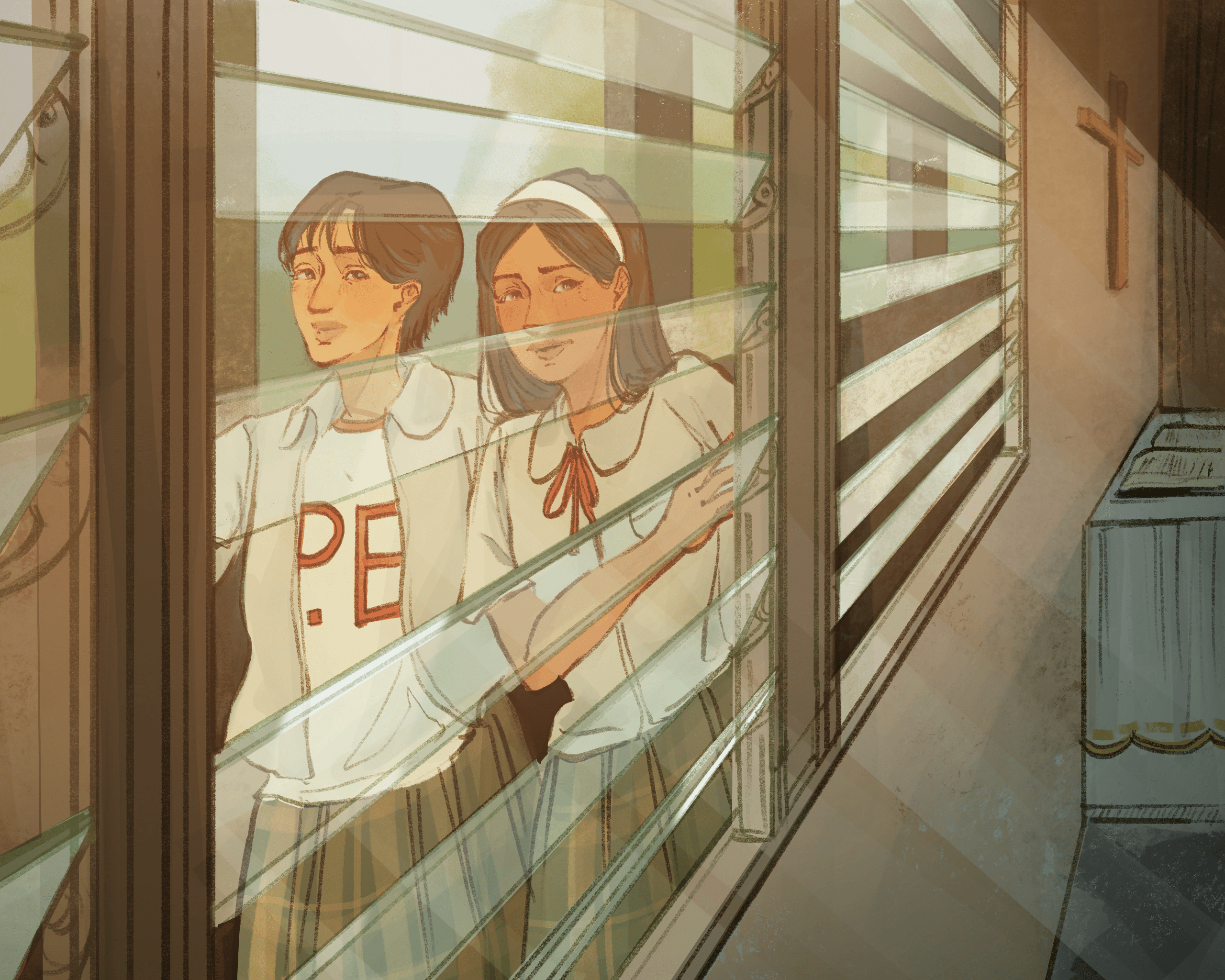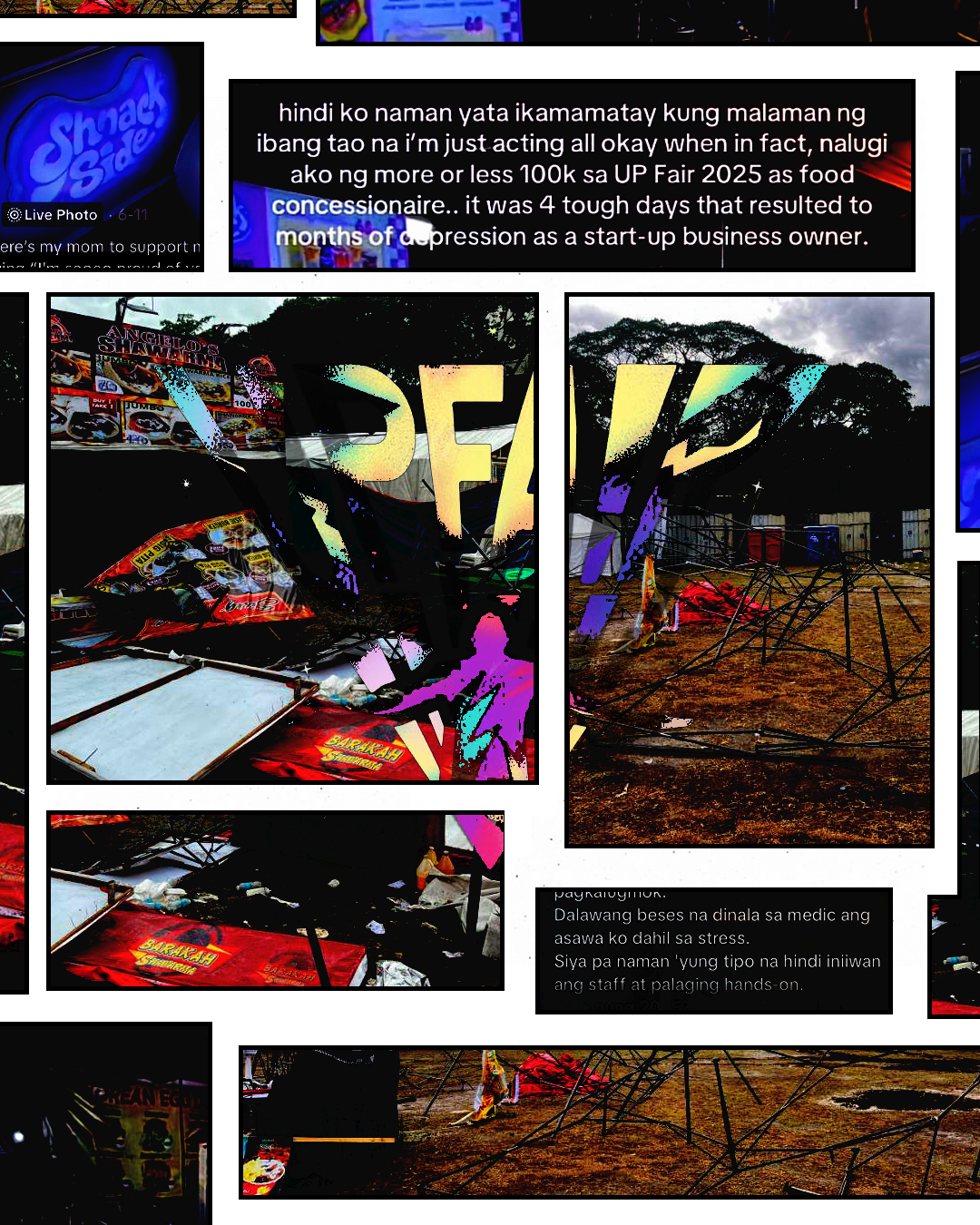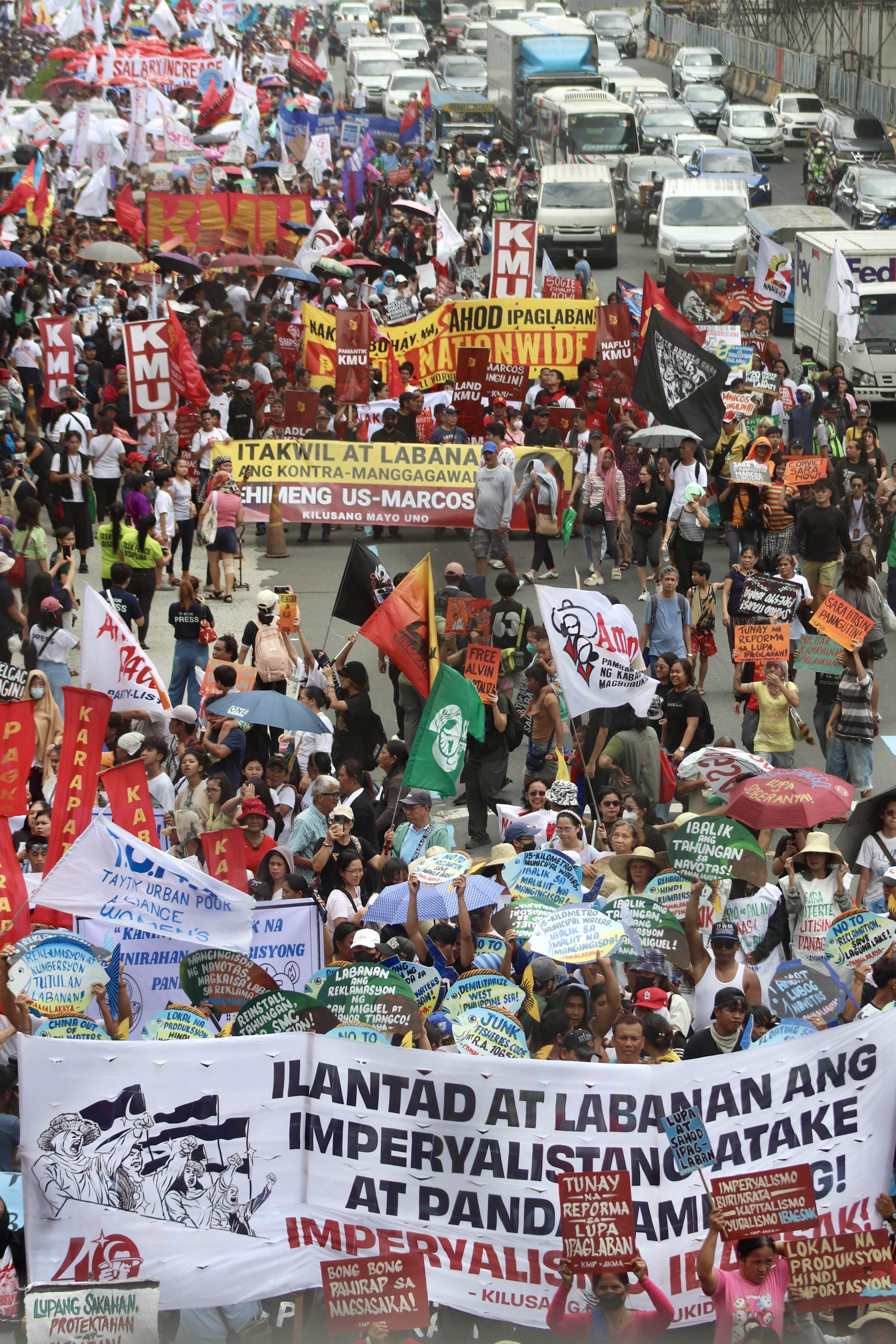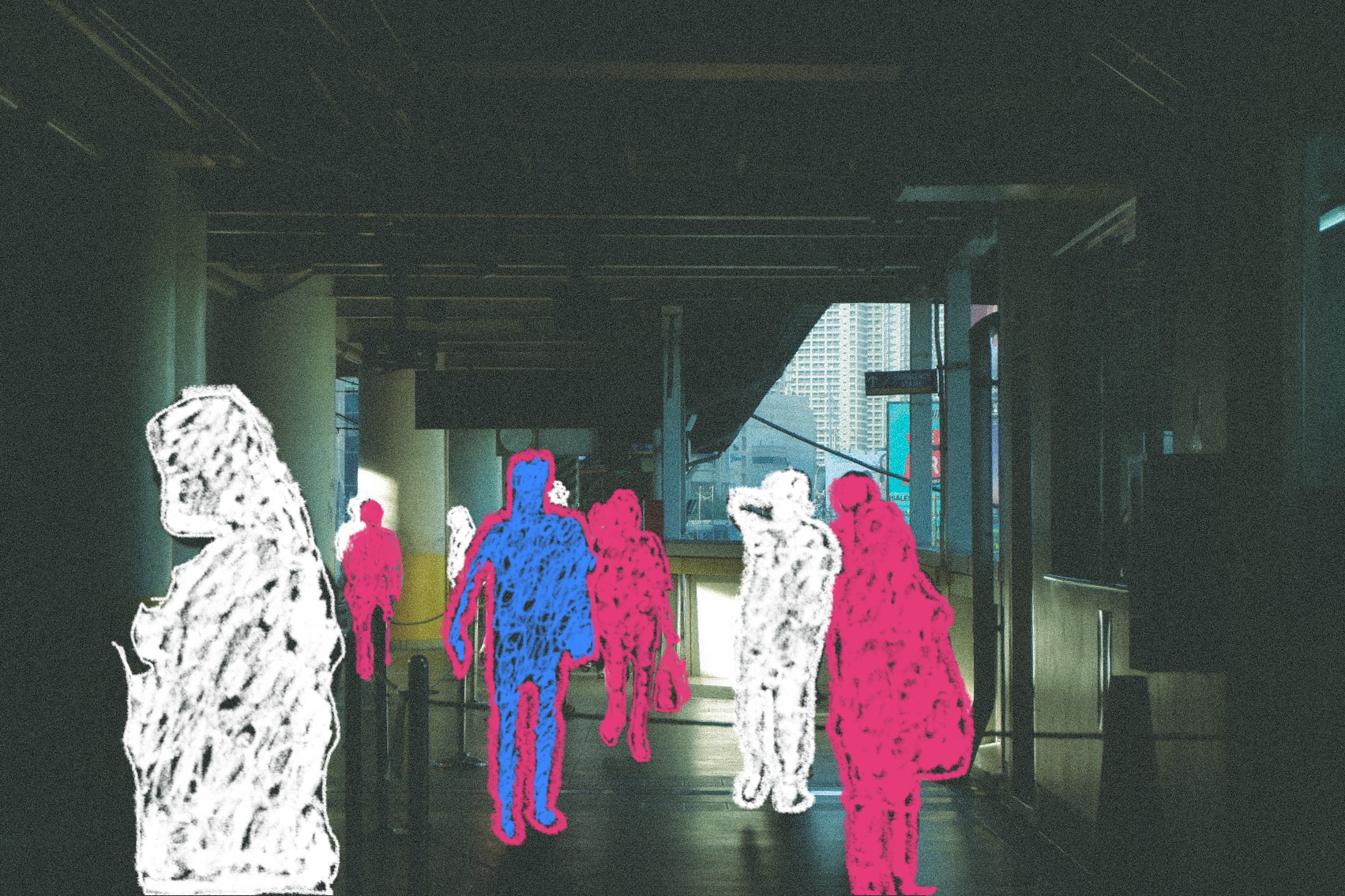A spokesperson, to take charge of the tone and direction of a conversation, always has a high bar to clear—coherence, credibility, and conviction—and one even exponentially higher in the face of frontal assaults on the institution she speaks on behalf of. Elena Pernia, the university’s vice-president for public affairs, not only barely grazed that bar in a February 5 interview on ANC. More cringingly, Pernia’s deflections and digressions betrayed the precarious position of a university administration that has yet to make up its mind on whether to be subordinate or hostage to the caprices of a bully of a government.
Christian Esguerra, who hosts ANC’s morning newscast “Matters of Fact,” asked Pernia what possible improvements the Department of National Defense (DND) or the university meant to make on the existing agreement on the entry of state forces into campus grounds. Both parties had just met to discuss the university’s plea for the DND to "reconsider and revoke" the latter’s unilateral termination of the UP-DND accord. That was the intent, anyway, but they went on shifting to the possibility of a new agreement—prompting Esguerra to probe the motivations for the UP officials’ sudden pivot.
The common sense behind Esguerra’s question was simple: If it ain’t broke, don’t fix it. If, indeed, the university stands by its belief in the correctness and inviolability of the UP-DND accord, then there should be no reason to revisit, let alone revise or scrap, it—unless the university has conceded, to an extent, to the DND’s insistence on whatever problem the government thinks is inherent in the agreement.
Pernia could not follow this train of thought. “I don’t understand what you mean by an ‘improvement,’” she told Esguerra. “An improvement in what way? You know, if that is—. Honestly, I don’t understand what you mean by an ‘improvement.’ Improvement on whose part?” It took little from her discomposure to wonder where had gone the former dean of the UP Diliman College of Mass Communication (CMC).
As with all her previous statements, Pernia struggled to tack together a narrative of collegiality. Like a spin doctor, she actually seemed to believe in this mythical mutual interest in justice, this language of respect supposedly shared by the DND and UP. “You know, Christian, we are still going to discuss these things,” she said of what this hypothetical new agreement might look like. “You know, we are moving forward. What exactly will be put there will be the product of our discussions.”
Her vagueness was scarcely a matter of improvisation. It has been a PR formula that UP officials always fumble for, meant to sidestep slippery slopes. In November 2020, after President Rodrigo Duterte had threatened to withdraw UP’s funding, which he believed had just been wasted on students recruited into the communist insurgency, part of the official statement from Pernia’s office read: “UP cannot be said to be anti-government because its mandate is clear: UP is the national university.” It was a non-sequitur. The university’s response came as though from a captive telling a hijacker they had the same surname.
But, as Pernia well knew, you could not just beat around the bush out of some questions. Esguerra, known for his doggedness in interviews, clarified to Pernia: Did these ongoing UP-DND talks amount to an admission, on UP’s part, that there were problems with the existing agreement, like the DND claimed?
“Ugh. Alright,” Pernia said, with a sigh. “What a—. Among the things that we did discuss were the possibility—. Well, there are some things in the accord, I think, that were not implemented. For example, the monitoring group,” she said, referring to this sort of coalition between key university and DND officials who were meant to meet at least twice a year, since 1989, or as often as necessary, to assess both camps’ adherence to the agreement. “I think it’s a joint monitoring group to look at issues on whether— about security that, you know, needs to be looked into,” Pernia said.
Yet any such issues with compliance to the agreement pertain to how well its provisions have been implemented, not necessarily to a problem with the letter of the agreement. Esguerra pointed this out. “Well, the problem—. You know,” Pernia said, “I still don’t understand what you mean by the ‘problem.’”
Pernia could not locate a patch of firm ground. She was floundering. She asked what the problem was, and there should not have been one, for that matter, if only UP officials had not bent over backwards in their meeting with the DND. Pernia could argue otherwise, but to have even entertained the idea of crafting a new agreement is to lend credence to the government’s cautionary tale about the “safe haven for enemies of the state,” in the words of DND Secretary Delfin Lorenzana, that UP supposedly provides.
The danger of such fiction is its omission of the starkest of our own homegrown contradictions: UP has coddled wannabe despots just as it used to celebrate the heroism of its rebels. Even within the ranks of its own administration are men and women just as liable to malign activism as Duterte’s cabal are.
Pernia herself had, during her stint at the UPD CMC, drawn flak for her draconian policies, her narrow view of academic freedom—not even recognizing her college’s own local student paper. Holding higher office, since 2019, she went on saying that the university was “open to the idea” of having our security guards be trained by the Philippine National Police (PNP). It was the kind of welcome that played right into former PNP Chief Police General Oscar Albayalde’s claims about illegal drugs proliferating in UP.
Flirting with the police was less a faux pas than a Freudian slip. Pernia, as the university’s spokesperson, refused to articulate this fraught affair. Her incoherence could not be simply chalked up to a case of bad nerves. Empathy is due to anyone who strains to marshal their thoughts in a sliver of airtime, while maintaining a steady stance, a certainty of message, however syntactically convoluted their remarks may be. We could forgive ourselves for bungling grammar or rhetoric when hashing out an issue as close to home and potentially calamitous as giving free rein to state forces on campus.
Yet there is a subtext to Pernia’s words, her performance of placation, that reflects on the university administration she speaks for: It is lost. It lost the script. It lost in the court of public opinion the minute its officials sought common cause and assumed what could only turn out to be lopsided negotiations with a terroristic government. Such deals will likely wind up as always before they wind up otherwise.
“A lot of people,” Esguerra told Pernia, “especially alumni of UP, are concerned that this dialogue might end up with a victory for the DND and a loss for UP, because you might end up talking about certain things, giving in to the military and, in the end, the military would get what it wanted in the first place.”
Pernia, once again, adopted the ambiguity of diplomacy. “We haven’t even started talking about the specifics,” she said. “We’ll get there, you know, Christian. But I think that is too early a judgment.” What she said was fair enough, though it would hardly be off base, too, to overstate the shrill impulses of a government that has run roughshod over agreements and laws or sharpened their edges to deadly ends.
The Anti-Terrorism Act is still an object lesson. Students and faculty cannot thrive in dread of further violence or be denied what flimsy protections they are afforded. Inside the campus perimeter, much abuse of power has already instilled in us distrust of even our own authorities and their allegiances.
Quite the opposite, the note Pernia struck most unnervingly during her interview on ANC was one of misplaced optimism. Asked about the non-negotiables in the university's talks with the DND, she said, “Academic freedom, of course.” Esguerra pressed: “And?”
This could have been her chance to expound on the larger values of justice and democracy that we hold fast to, of moral discernment and humanist progress beyond the insularity of privilege long lavished on the university.
“Well, academic freedom, as we said, is the lifeblood of the university. Without it, we have no right to become a university that produces knowledge,” Pernia said, with a smirk, as though knowledge for knowledge’s sake is the end-all and be-all of the university. She must be believing this, which says a lot about a university administration that is averse to any clarity of vision. ●
The article was first published on February 11, 2021.
